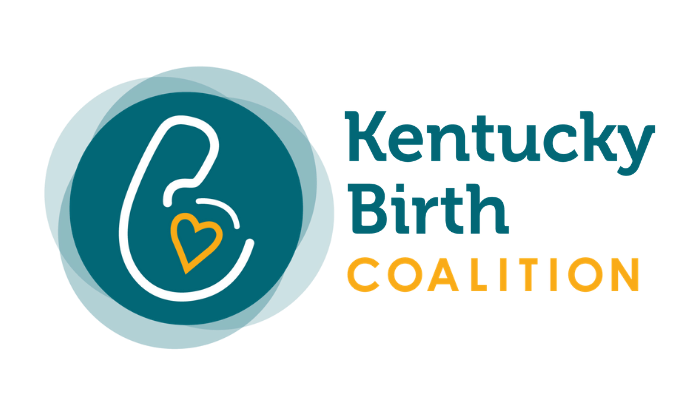See our Legislation Fact Sheet for LCPM Medicaid Coverage
Update August 2023: On August 24, 2023, Rep. Russell Webber, Kentucky Board of Nursing Executive Director Kelly Jenkins, and KBC’s Mary Kathryn DeLodder addressed the Interim Joint Committee on Health Services at their meeting at the Kentucky State Fair. An update on LCPMs in Kentucky was given as well as an overview of HB54. Due to the meeting taking place at the State Fair, there is no recording to share.
January 2023: On January 2, 2023, State Representative Russell Webber (R- Shepherdsville) and State Representative Nima Kulkarni (D- Louisville) filed HB 54 An Act relating to Medicaid coverage for certified professional midwifery services. Rep. Kulkarni has filed similar legislation the past two years. Rep. Webber carried the original 2019 bill to license Certified Professional Midwives in the House where it passed 96-1.
Kentucky passed SB84 in 2019 to license Certified Professional Midwives. Currently, there are 29 Licensed Certified Professional Midwives (LCPMs) with an active license. These midwives attend the vast majority of planned home births in Kentucky. However, their services are not currently eligible to be covered by Kentucky Medicaid. With roughly half of all births in Kentucky being covered by Medicaid each year, this leaves many Kentuckians with extremely limited options for childbirth. While not everyone will choose home birth, we believe that all options should be available to all people.
While Certified Nurse Midwives (CNMs), which are licensed as Advanced Practice Registered Nurses (APRNs), are able to enroll as Medicaid providers, there are only TWO CNMs in the state who attend both home births and participate with any Kentucky Medicaid plans. With there currently also being no freestanding birth centers in the state, hospitals remain the only choice for most birthing Kentuckians who wish to utilize their Medicaid coverage.
The result is that some families forego their preference of a home birth to have a hospital birth that is covered by Medicaid. Some families opt to pay out of pocket for their home birth, which can be a financial strain. Others choose to have a home birth without a midwife present. While we believe families have every right to have an unassisted birth if they so choose, families should not be forced into this option because their preferred provider is not covered by Medicaid.
The Cost of Home Birth
Home births represent an opportunity for savings for Medicaid. It is well documented that midwifery care results in lower rates of preterm birth, lower low-birthweight babies, lower rates of interventions and C-sections, and higher rates of sustained breastfeeding. All of these items represent areas of overall savings. Additionally, there is no facility fee or anesthesia fee to be paid for a home birth, which also represents a savings.
A study from Washington State estimated an annual savings to that state’s Medicaid program of around $244,000. This calculation was based only on costs for deliveries using the most conservative assumptions regarding c-section rates. It does not include savings based on prenatal care costs, newborn care costs, and potential long term costs related to morbidity.
